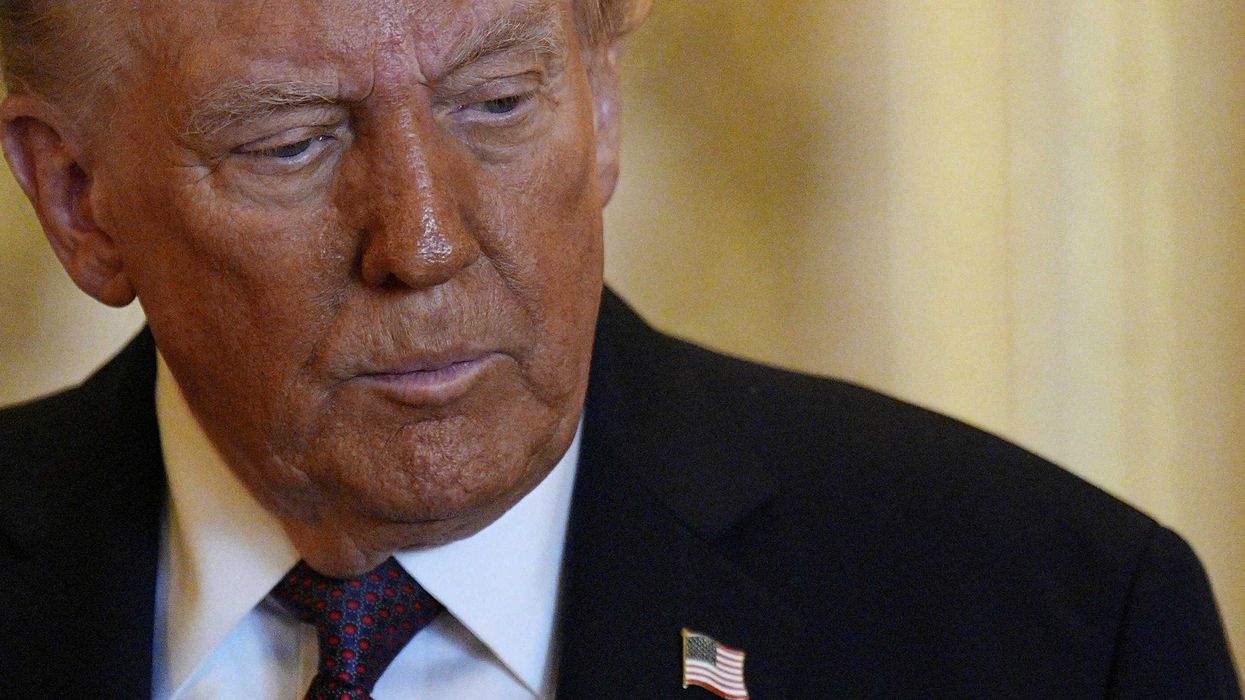New York Times Columnist Ross Douthat said Trump has been down before, but this time pulling up out of his dive will not be so easy.
“When Donald Trump’s approval ratings dropped sharply last April, the wound was essentially self-inflicted and the prescription relatively simple: Dial it back. Meaning smaller and less destructive tariffs, a retreat from brinkmanship with the Supreme Court, [and] less random hacking away at government programs by Elon Musk and Co.”
And the administration did dial it back, to a degree, said Douthat. Musk got ousted, the tariffs diminished from their “Liberation Day” maximum and the White House stopped shipping people to a Salvadoran dungeon. It also began picking its judicial battles more carefully. And sure enough, Trump’s approval ratings bobbed back up.
“But now he’s down again, to the lowest point of this presidency, with the generic ballot threatening a midterm blood bath for his party. And this time the prescription is less obvious, the trend harder to reverse,” said Douthat.
There’s no simple reversal or tactical improvement for the nation’s broad economic discontent, and in this Douthat said Trump has entered “the same territory as Joe Biden, dealing with an economy that isn’t terrible but leaves people chronically dissatisfied, whose problems can’t be solved via executive fiat.”
Even if Trump could commandeer the Federal Reserve, it’s not clear what he could do about runaway inflation and high interest rates “squeezing the life out of the housing market.”
“Cut interest rates, and housing breathes again — but everyday inflation rises further. Raise them, and maybe everyday inflation eases — but then the housing market constricts, and growth with it,” said Douthat. “… The administration already spent its capital on the One Big Beautiful Bill, and the fiscal lever stands rusting with the rest of Congress’s powers. So prices and the housing market are left to heal themselves.”
Tariffs only make sense as part of a larger industrial policy program that supports domestic manufacturing and workers, but that’s not happening with Trump. Likewise, immigration cuts in an aging society only make sense with plans to invest more heavily in families and children — also not happening with this administration.
“So manufacturing is slumping, not reviving, the baby bust is still in force, and all the right-wing posturing about a RETVRN to good-paying jobs supporting single-earner families just looks like reactionary coping,” said Douthat.
Meanwhile, A.I.’s growth is more a boost to the stock market rather than in jobs or wages. And the public narrative around A.I. promises massive disruption, the end of work as we know it, “with a risk of apocalypse baked in,” said Douthat. “It’s hard to see how that combination — rich people compounding gains while normal people are promised that everything solid in their lives will soon melt into air — is going to be good for an incumbent administration.”
But Trump is invested heavily in the prospect of AI, while the more immediate concerns of inflation, jobs, housing and manufacturing seem to have no policy at all.
“That’s the position of a political loser — and sooner or later, a lame duck,” said Douthat.
Read the New York Times report at this
link

